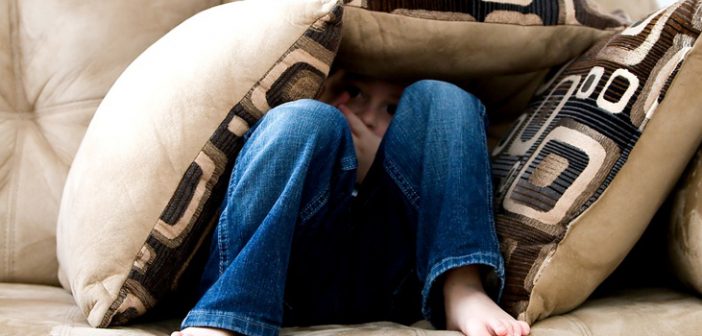When we think of depression, most of us think of teenagers or adults. It’s a bit difficult to understand this disease in young children, but that doesn’t mean it’s nonexistent.
If your child is depressed, this is more than just experiencing hurt feelings or being sad. It truly is a mental disorder that will impact all areas of your child’s life.
Causes of depression in children
In truth, no one really knows what causes childhood depression. It could be situational or a biochemical disturbance. In children, it is often related to things like poor physical health or environment and life events. For example, if your child is having a difficult time with friends or at school, he or she may become depressed. Struggles with schoolwork and/or bullying can lead to depression.
And if you have a family history of depression or anxiety, your child may be more prone to developing the condition.
How to spot the warning signs of depression
If your child isn’t acting quite right, there’s usually an underlying issue. It could be depression if he or she is showing any of the following signs:
Irritability or anger
If your child just can’t seem to cope with anything, this could be a sign of depression. He or she may become angry or irritable for seemingly no reason and have trouble getting out of that bad mood. Extreme behaviors in children are an obvious sign that the child is struggling to manage big emotions.
Crying often
Some kids are more sensitive than others, for sure, but if your child is crying over every little thing, something may be wrong. Just like with irritability and anger, if your child cries a lot, it shows that he or she is struggling to manage emotions.
Social withdrawal
Not every child is a social butterfly at heart, but if your child begins to withdraw from things that he or she used to do, take notice. Withdrawal and social isolation are major red flags for depression. If your child needs a great deal of alone time, he or she may be depression. Social isolation is especially worrisome when it seems to happen all at once.
Mentions of shame or sorrow
There are times when our kids tell us exactly how they’re feeling. But in the case of depression, most parents don’t want to believe it. If your child often tells you that he or she feels sad, guilty or worthless, don’t brush it off. With the exception of worthlessness, it’s normal to feel these things sometimes. But with depression, it’ll often be extreme. For example, your child may talk about extreme feelings of guilt after forgetting a homework assignment. It’s easy to brush these things off as over-reactions, but there’s likely more to the story than that.
What to do if your child is depressed
As children grow into their teenage years, they’ll undergo hormonal changes that will impact their mood and behavior. It’s crucial to address any signs of depression you may see leading up to these years because hormonal changes are likely to exacerbate any symptoms of depression.
If your child is showing any of the above signs, or if you think they are depressed for other reasons, start by talking to them. Talk about how they’re feeling and what changes you can make to help them feel better.
You can also teach your child better coping mechanisms for stress, including meditation, yoga and breathing exercises. And if your child is truly depressed, he or she will likely benefit from some form of counseling. You can start by talking to your school’s guidance counselor about what’s going on.
Regardless of age, you should always address any signs of depression you see in your child.



Your child is truly depressed, he or she will likely benefit from some form of counseling
Excellent post Amanda. I think more parents need to be aware of these signs and more importantly, be aware of what to do should their child start showing signs of depression.